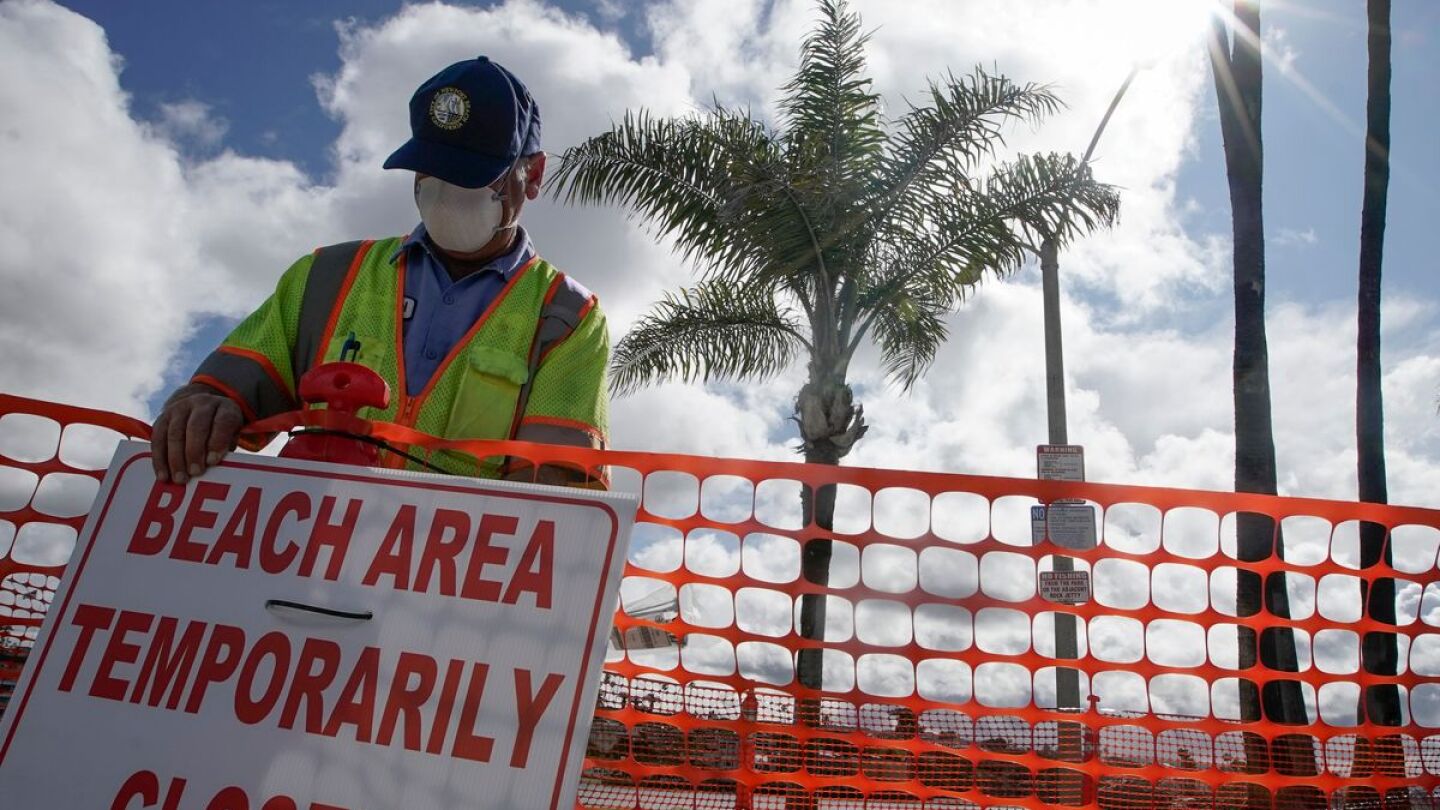Lexipol
Lexipol provides fully developed, state-specific law enforcement policies researched and written by subject matter experts and vetted by attorneys. Our policies are based on nationwide standards and best practices while also incorporating state and federal laws and regulations where appropriate. Best of all, we keep your policies updated for you, saving you time and money.
With Lexipol, you will enhance personnel accountability, reduce liability, save time and money on policy management AND rest easy knowing your department is protected.
The agencies that invest in recruitment and retention strategies will be the ones that build strong, dedicated teams for the future
Facial recognition in law enforcement is promising, but concerns about accuracy, bias and privacy demand careful implementation
Grabbing and firing an officer’s gun during arrest results in a felon in possession of firearm conviction and a 110-month prison sentence
An officer’s objectively reasonable mistake of law can provide reasonable suspicion for a seizure
Collaborative responses are the most successful at efficiently using resources and driving down the homeless population when properly implemented
“By shooting an incapacitated, injured person who was not moving, and who was laying on his knife, the police officers crossed a ‘bright line’ and can be held liable.”
This case is an urgent reminder for agencies to scrutinize their use of force policies, training materials and review procedures
Peer support can act as one facet of treatment alongside professional counseling, group therapy or medical treatment
The message in this case is to always check for mobile phone and YouTube video recordings of stupid suspects self-incriminating
In the years since the Supreme Court’s decision, some people – including many criminal defense attorneys – have suggested officers be held to a different standard
There is no other profession that allows us to be the light at the end of someone’s dark tunnel every day we go to work
We have substantial ‘problems lying in wait’ in too many law enforcement agencies that we need to address
The court’s holding in this case is very narrow: A person driving a rental car beyond the rental period who is on notice does not have an expectation of privacy in the car’s location
The choices you make or fail to make can introduce risk of injury to the police and the community you’ve committed to protecting
Tactical decisions, including the decision to use force, require a quick calculation of the risk of action against the risk of delay
De-escalation and communication skills are key in the fast-paced, unpredictable world of emergency psychiatry
A random encounter with a Latvian prompted my commitment to learn something new every day
When not confronted with imminent threats, officers can use discretionary time to set the conditions for effective de-escalation
We need to get officers thinking about where and when to deploy spike strips, as well as where not to deploy them
While the arrival of a drug detector team was fortuitous in this case, the critical factor was that the trooper performed the business of the traffic stop in good order
Lexipol Senior Grants Consultants Samantha Dorm and Jerry Brant answer questions about available funds for public safety agencies
The community caretaking doctrine requires the court to balance individual privacy interests and the need for the caretaking activity
Best practices and numerous court admonishments prescribe that an agency has a written vehicle inventory policy.
Practicing mindfulness not only improves your emotional and mental well-being, but your physical health as well
The officer’s ability to observe, articulate and report each separate factor and tie them together with his experience is what made the difference in this case
Breaking down the tax benefits, and eligibility cutoffs for stimulus payments outlined by The CARES Act
Police leaders have many questions relating to operations during this national emergency
Agencies should follow fit testing requirements, and provide training on the donning and doffing of personal protective equipment
Communications from public safety agencies can be a source of reassurance during this perilous time
Agencies that take no action to terminate officers who have been proven to be dishonest are placing themselves at risk
Considering the ever-changing developments related to the COVID-19 pandemic, good planning is especially valuable right now
There are many issues police leaders should address to reduce the public anxiety that can accompany an increased military presence in communities























